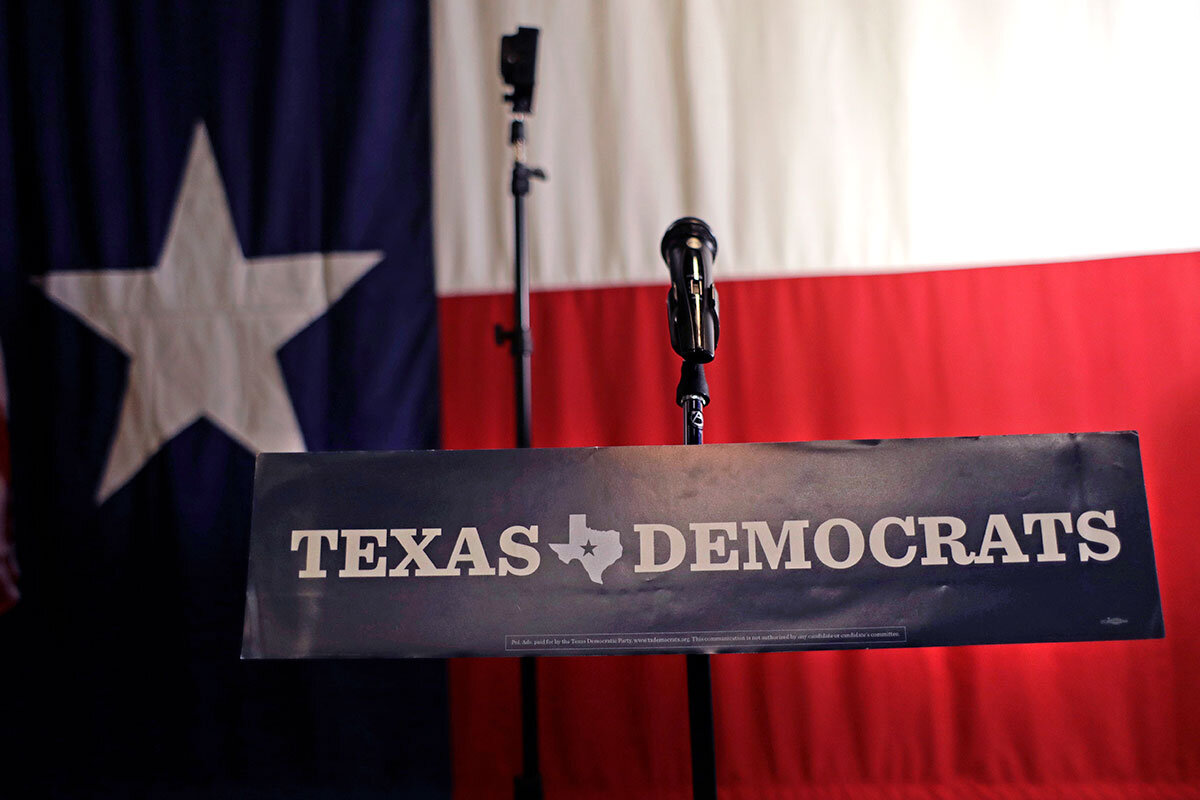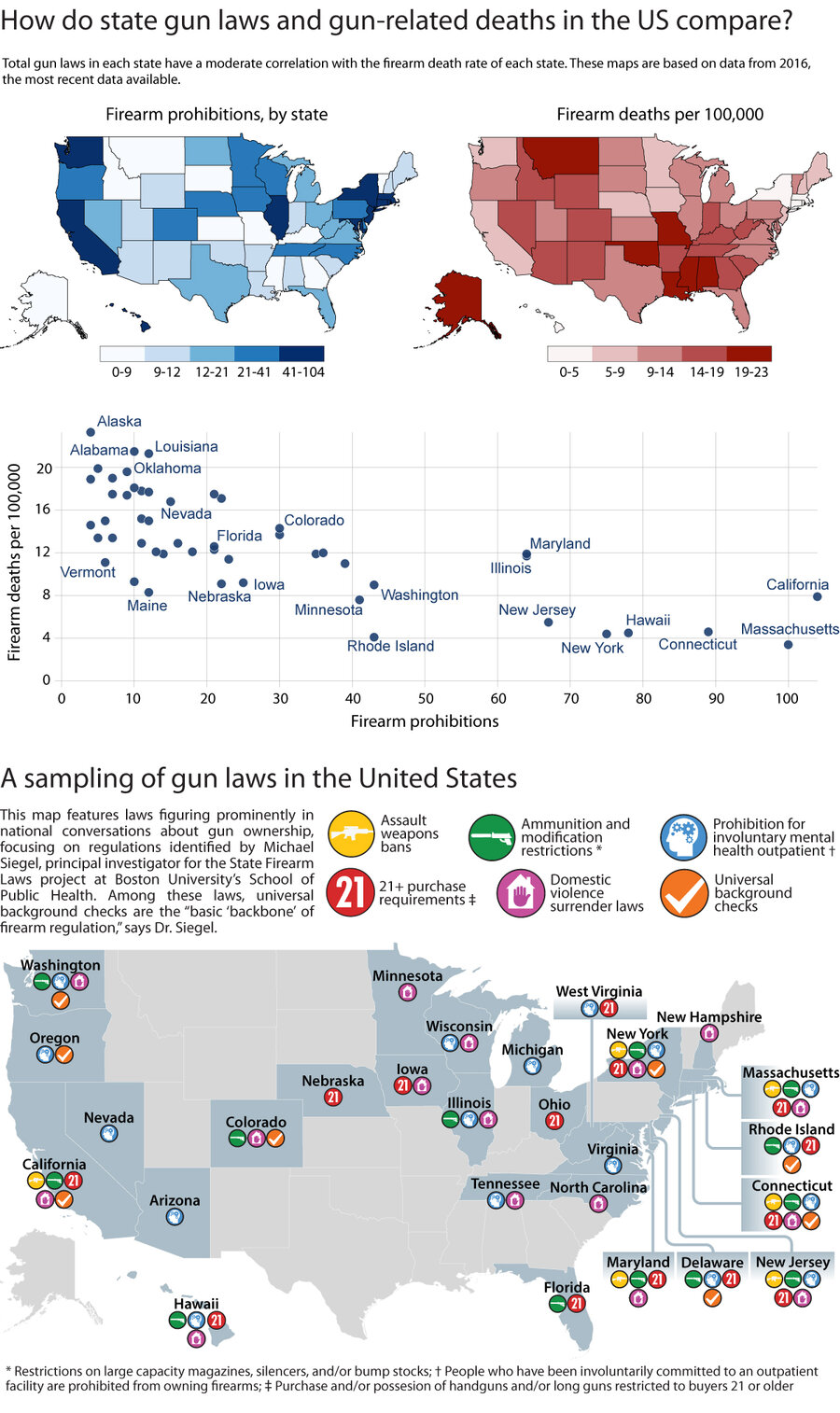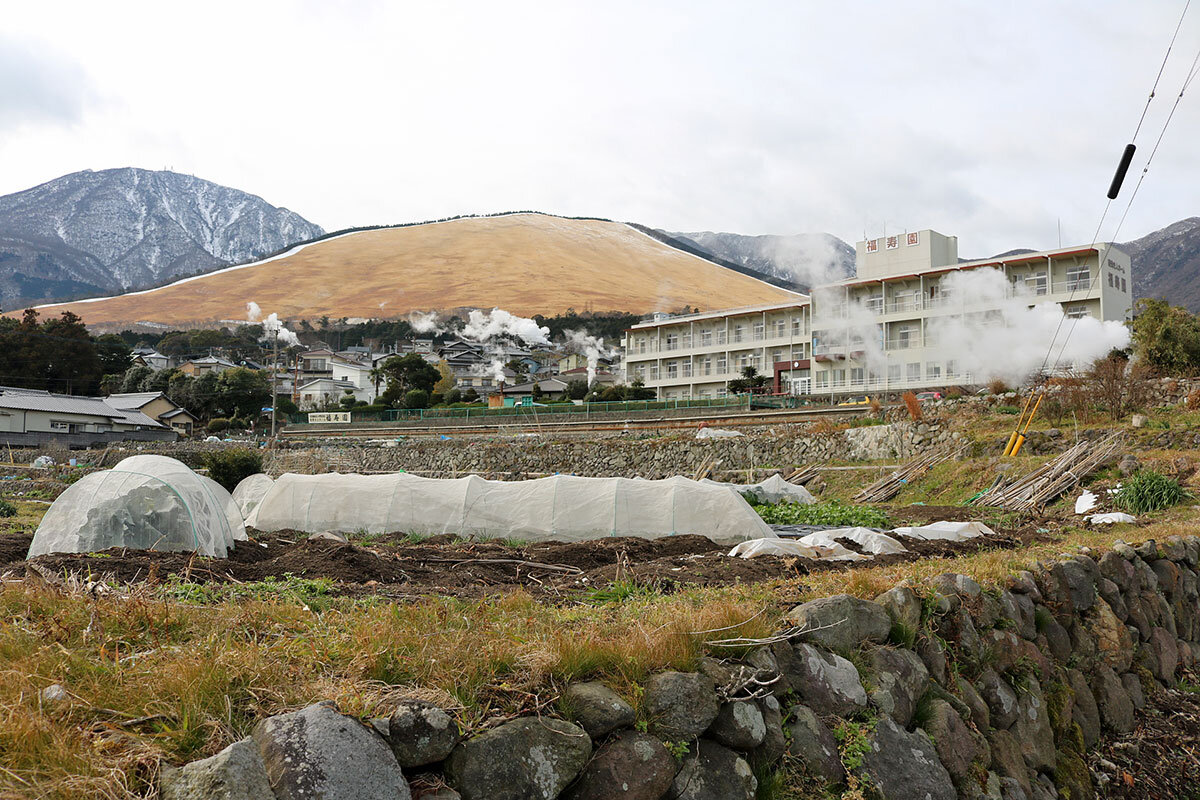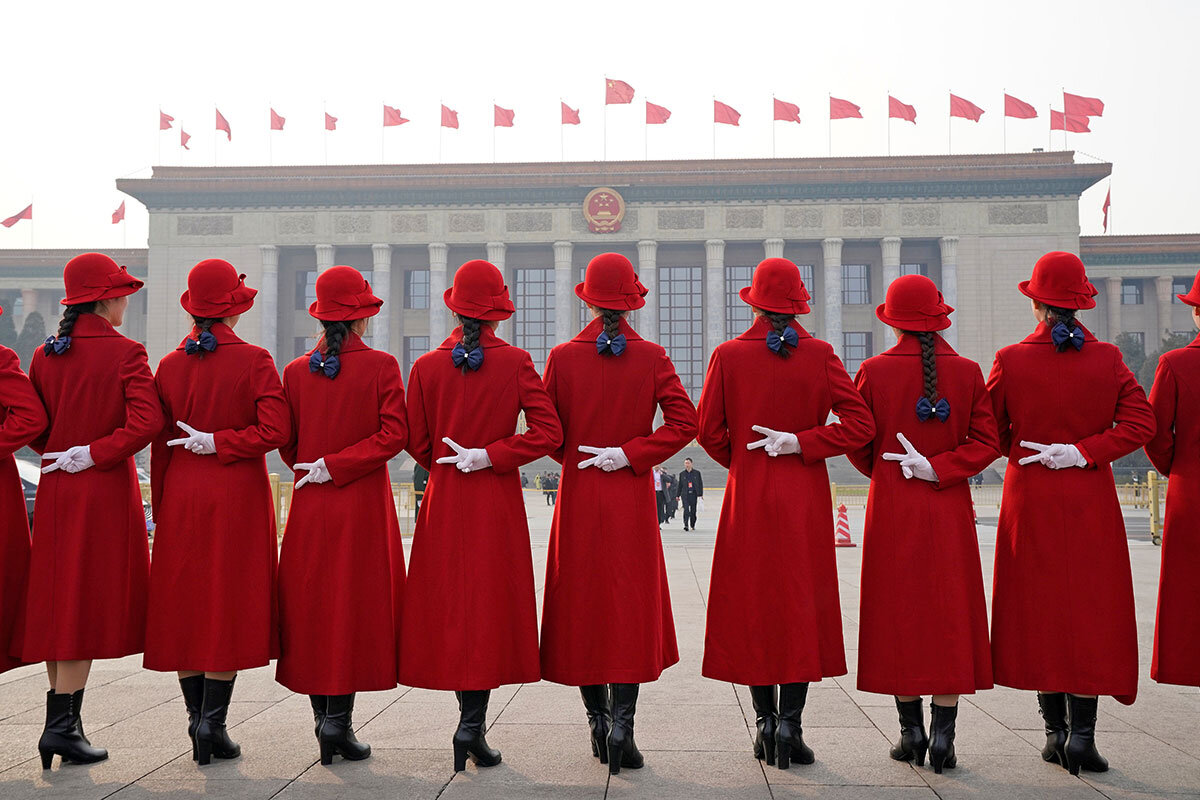Yes, the monthly job-creation numbers that came out today were very strong. But there’s more. Wages at the bottom end of the pay scale are improving, possibly in a more persistent way than usual. That’s significant in an era of high income inequality.
Monitor Daily Podcast
- Follow us:
- Apple Podcasts
- Spotify
- RSS Feed
- Download
 Clayton Collins
Clayton Collins
The idea of “adjusted expectations” can carry a whiff of compromise. This week brought reminders that the adjustment can also be upward.
It began with post-Oscar buzz about Frances McDormand’s rousing call for “inclusion riders” – at least one production company quickly got on board. Melinda Gates would opine about the transformative power of putting money in “the hands of women who have the authority to use it.”
It was mostly symbolic that some outlets of American cultural juggernaut McDonald’s flipped the logo to form a W in a salute to women. It was arguably at least a small cultural shift when carmakers at a major international auto show shed the tradition of decorative “booth babes.”
Then there were those penguins. A supercolony of more than 1.5 million birds – Adélies, thought to be in rapid decline – is now known to exist on the northern tip of the Antarctic Peninsula. Perspective about the tiny birds’ plight was shifted from space. Satellite images had revealed massive guano fields.
Finally, a development on solar power in California. The state is overproducing relative to its goals. It set two big records this month alone. That stands to renew a push to adopt much more aggressive targets. Old mandate: half the state’s electricity from renewable sources by 2030. Now, how about 100 percent by 2045? That’s raising expectations.
Now to our five stories for your Friday, highlighting the importance of equal opportunity, of always favoring a closer look, and of choosing innovation over closing doors.











